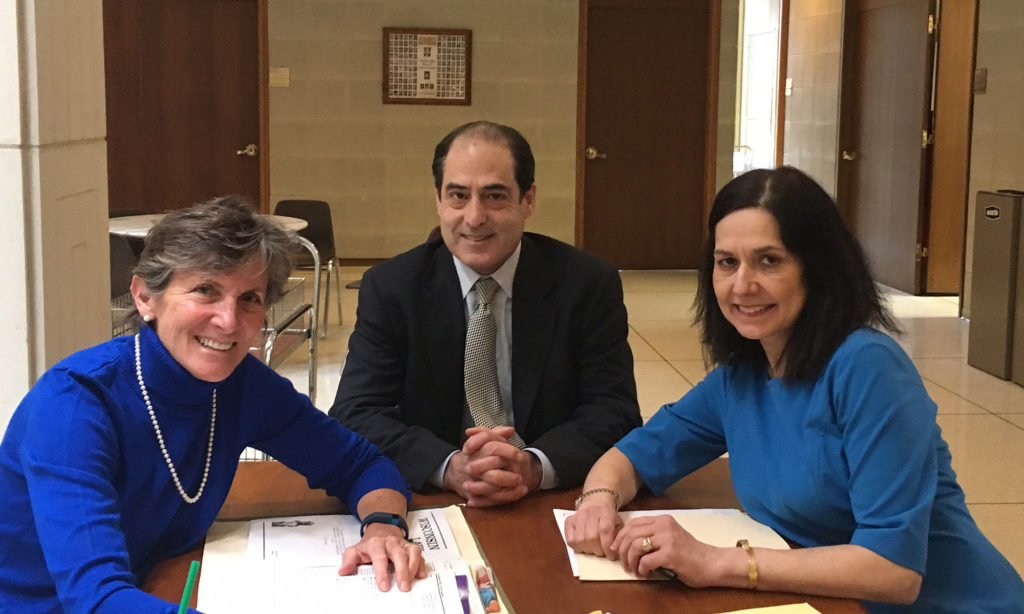In a blistering decision released March 27, 2024, Federal District Judge Fernando Aenlle-Rocha dismissed an effort by various Disability Rights plaintiffs to invalidate California's End of Life Options Act (EOLOA).

The United Spinal Association, Not Dead Yet and several other organizational and individual disability rights advocates argued that the EOLOA constituted an unconstitutional denial of their equal protection and due process rights. While the Court did find that the institutional plaintiffs had standing to bring the complaint insofar as they were obliged to expend time and effort to challenge the law, Judge Aenlle-Rocha found the individual plaintiffs lacked standing since their
"fear of being steered towards involuntary death by medical professionals presents an attenuated and hypothetical harm that is insufficient to confer standing."
The complaint as to the individual plaintiffs was thus dismissed for want of standing, meaning, in layman's terms, they had "no dog in this fight."
However as to the gist of the organizational Plaintiffs' challenge, the court dismissed their complaint by granting the defendants' 12b motion that the Plaintiffs had "failed to state a valid claim"." In other words, the Court threw out the complaint as legally insufficient.
To the Plaintiffis' argument that the EOLOA violated the Americans with Disability Act (ADA), the Court did not find that any person by reason of their disabilty was excluded from participation in, or denied the benefits of, the services, programs or activities" called for under the EOLOA. The Court wrote:
Plaintiffs cannot establish they were excluded from participation in or denied the benefit of any service. The EOLOA doe not preclude, prohibit or otherwise bar disabled individuals from availing themselves of any behavioral health services... not does it contain any provision encouraging or steering patients towards physician-assisted suicide. The Statute provides an entirely optional alternative for terminally ill patients when deciding how to manage their diagnoses.
The EOLOA, like every MAID law in the US, makes clear that disability alone does not confer a right to access the law; the dispositive factor is a terminal illness indicating a likely lifespan of six months or less, regardless of whether someone is simultaneously suffeirng from a disability.


